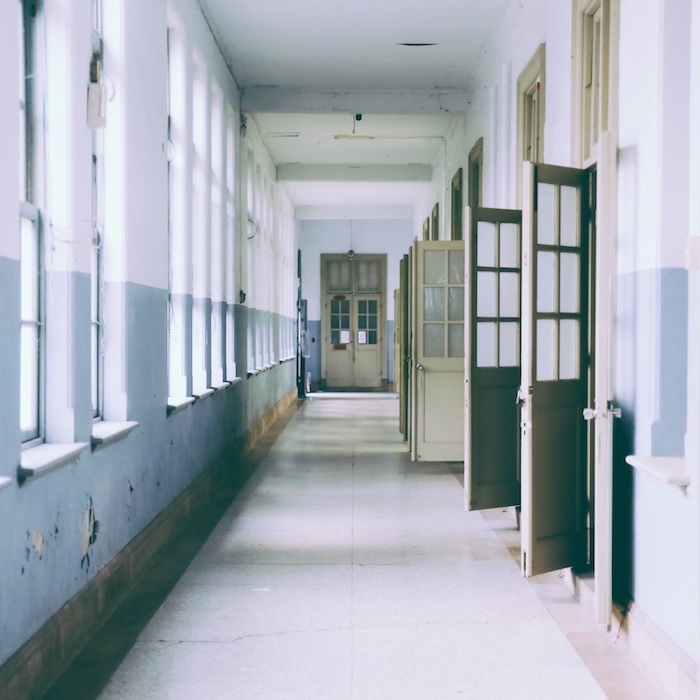My Skewed Education:
Having grown up the son of two teachers, education was always a topic of conversation at my dinner table. From what teachers could do better, to what I wanted to learn, I always talked to my parents about school. I’d always known that my experience was abnormal, both because of my parents’ jobs and where they had them: a secular private school. As I moved through high school at my parents’ school, the conversations I had with my peers turned towards college. Most of the colleges people mentioned were “elite” schools: University of Virginia, Duke, University of Pennsylvania, and so on. As a high school student, this conversation seemed like the norm to me, like the one everyone, everywhere had.
Leaving My Educational Bubble:
Until last Thursday, I had never stepped foot on a community college campus. While in Bowling Green, though, I was lucky enough to go to Owens Community College in Findlay, Ohio. I watched and listened as students scribbled notes, talked to advisors, and caught up with friends. But there was a difference in what students had to do to be able to go to school. Students such as Tosh worked full-time jobs and commuted to school. They needed to juggle two types of learning, two types of effort, in order to get to where they wanted to go.
As I watched the scene and spoke with students, I thought about something James told me in Pittsburgh. He said, “It was a privilege growing up to only have to study and not have to provide for myself or my family” (This quote isn’t in the interview posted because it was part of a tangential conversation). James’s words and my time at Owens showed me it wasn’t admirable that I could focus only on school; it was just lucky. People often talk about political and economic bubbles – spaces in which everyone is like each other – as things that limit our experiences and understanding. Never have I been more aware that my bubble growing up was full of students who had the luxury to focus only on their education and who had the resources to attend almost any school they wanted. Never have I been more certain I need to leave that bubble.
Our Bubbles:
I share this story mainly because we all have bubbles we live in, spaces in which we are sheltered from people and experiences different from our own. Maybe it’s religious, political, economic, racial, or educational. Part of my trip is to talk to people about what it means to be an American. The other part of it, though, is to see America, to see the many experiences its millions of people have. As someone who wants to teach and help students eventually, I’m happy I saw a different pathway than my own, through education, through life, and to success. Likewise, I’m happy to have spent time talking to students who went to rural schools, rather than suburban ones. It was only one day, but I saw just how far I have to go in order to understand people and their politics.
And now, I challenge you, the reader, to identify a bubble you live in, and actively step outside of it. If it’s a religious bubble, go to a different type of prayer service. If it’s economic, spend time in a different part of town, with people who work different types of jobs. And if it’s racial, talk to someone who looks different from you. I’ve found once I start talking to people, once I get over the initial divide, I love the conversations. If nothing else, conversations with different people are an opportunity to learn about the vastness of our country and the diversity of its people. I know my teacher-parents would be happy I’m doing that sort of learning.
